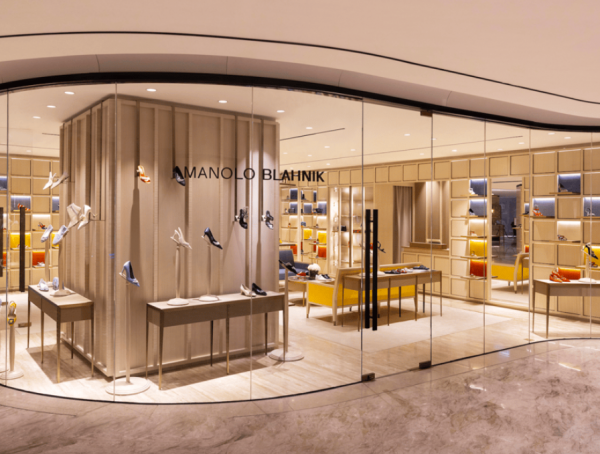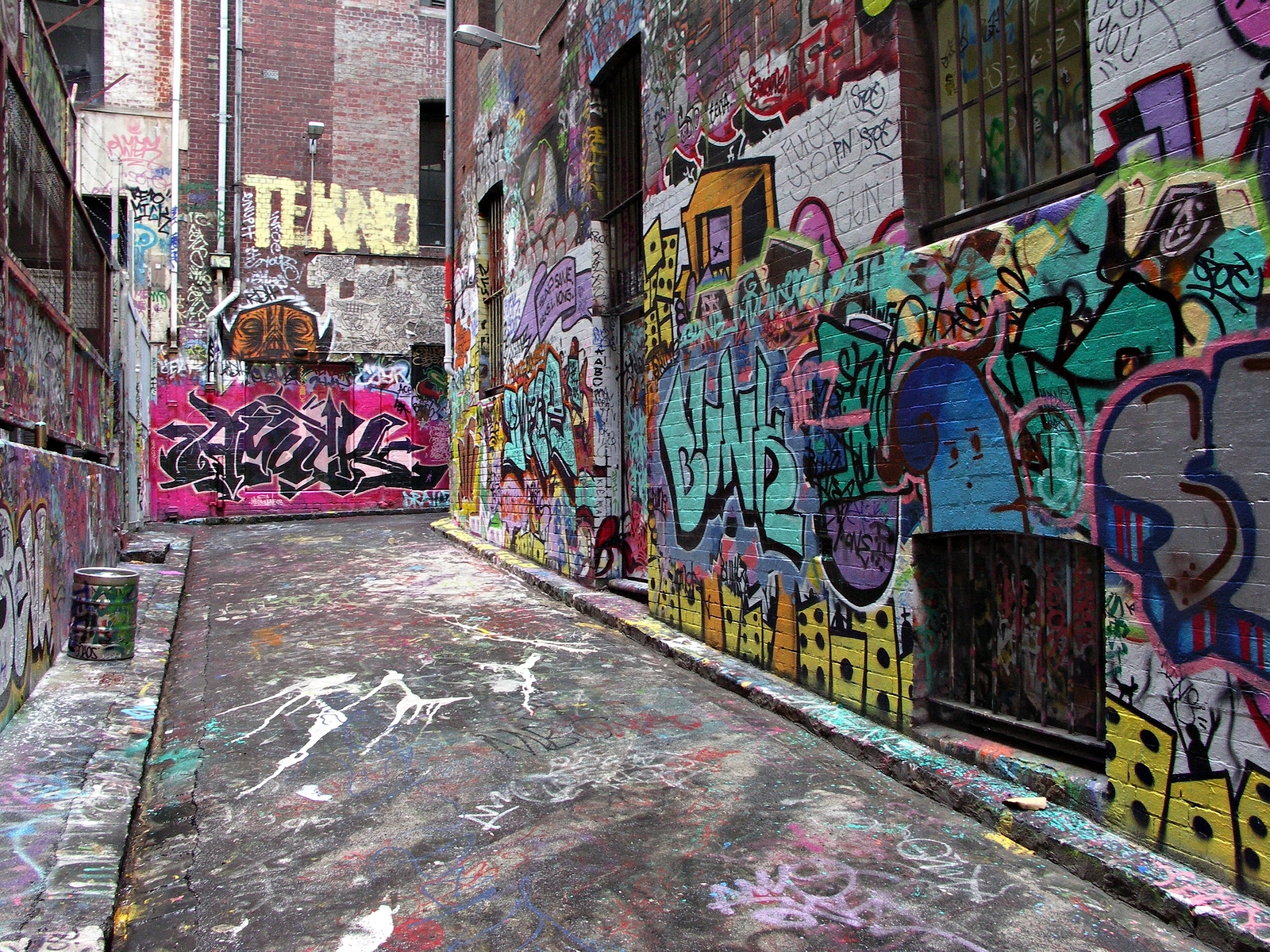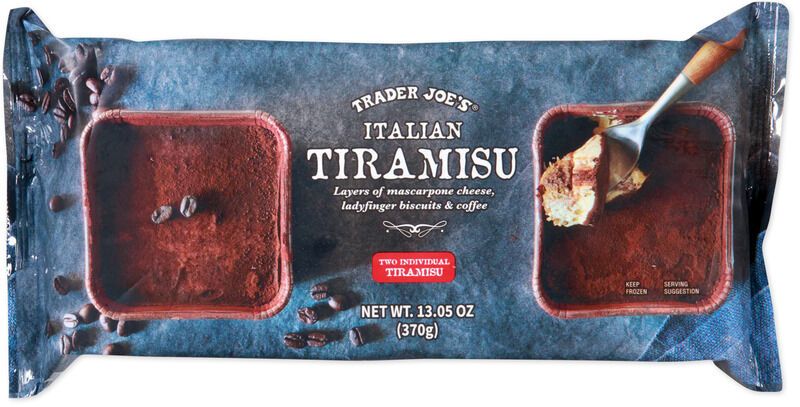Luxury shoemaker Manolo Blahnik has recorded what CEO, Kristina Blahnik, has said was its “second-best year ever”, falling in line with the company’s business plan against the backdrop of a “challenging macro-economic and geo-political environment”.
Despite all positivity, for the year ending 31 Dec. 2023, the brand reported a 10% drop in group turnover of 106.5 million euros compared to the year prior’s 118.2 mil. euros, with sales seeing impact from the “well-documented global luxury market slowdown”.
The group’s operating profit was described to be more “robust”, having remained “strong” at 15 percent of total revenues. This contrasted a 30 percent drop in profit before tax, which fell to 15.4 million euros from 21.9 million euros, in line with group expectations.
In light of the ongoing market headwinds, the company said that it was continuing to “carefully manage costs whilst progressing its strategic global investment plans, focused on the anticipated return of consumer confidence in 2025”.
With this, Manolo Blahnik has set about cementing its presence in a number of regions, including in Hong Kong, where it recently established a joint venture with Asia luxury brand operator Bluebell Group, reflecting plans of growth in the continent.
The group added that it also intended to continue expanding in North America and Europe, with key openings already scheduled for early 2025, including flagships in Miami Design District and Milan.
In regards to looking ahead, CEO Blahnik added: “In 2024, we will see a continued readjustment to pre-Covid demand. We have used this period to restructure our D2C and B2B models following a considered decision to consolidate our wholesale network and develop our own distribution channels.
“The strategic progress we have made in 2023 in developing our global expansion plans as well as the investment into our teams, infrastructures and new London Head Office, places us in a position of strength from which to grow once consumer confidence rebounds.
“Manolo Blahnik has the luxury of being an independent heritage brand with a long-term, financially stable business model giving it the agility to adapt to ever-changing environments.”
Manolo Blahnik boutique in Hong Kong at Lee Gardens
More from NEWS
Luxury sales in the U.S. down 11 percent in July 2024
US consumers spent 11 percent less on luxury goods in July compared to the same month last year, Citi Research …
Versace owner, Capri Holding revenues in Q1 fiscal 2025 fall 13.2%
Capri Holdings – which is preparing to fend off a regulatory challenge to its $8.5 billion deal to be sold to Tapestry …
Bloomingdale’s partners with luxury resale platform Rebag
Luxury department store chain Bloomingdale’s has entered into a strategic and digital partnership with luxury resale platform Rebag. Through the …






